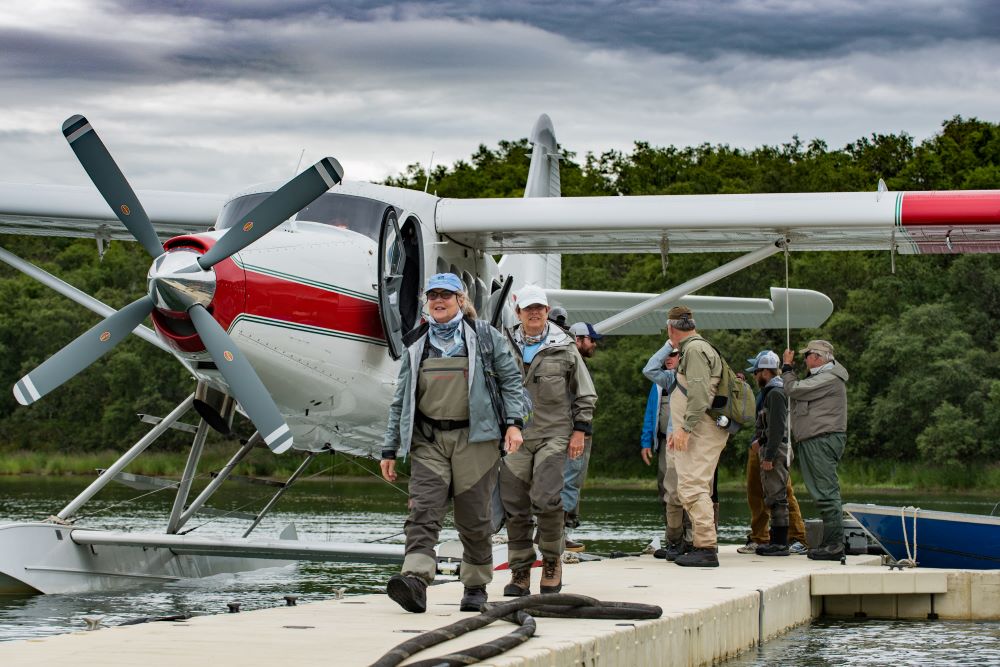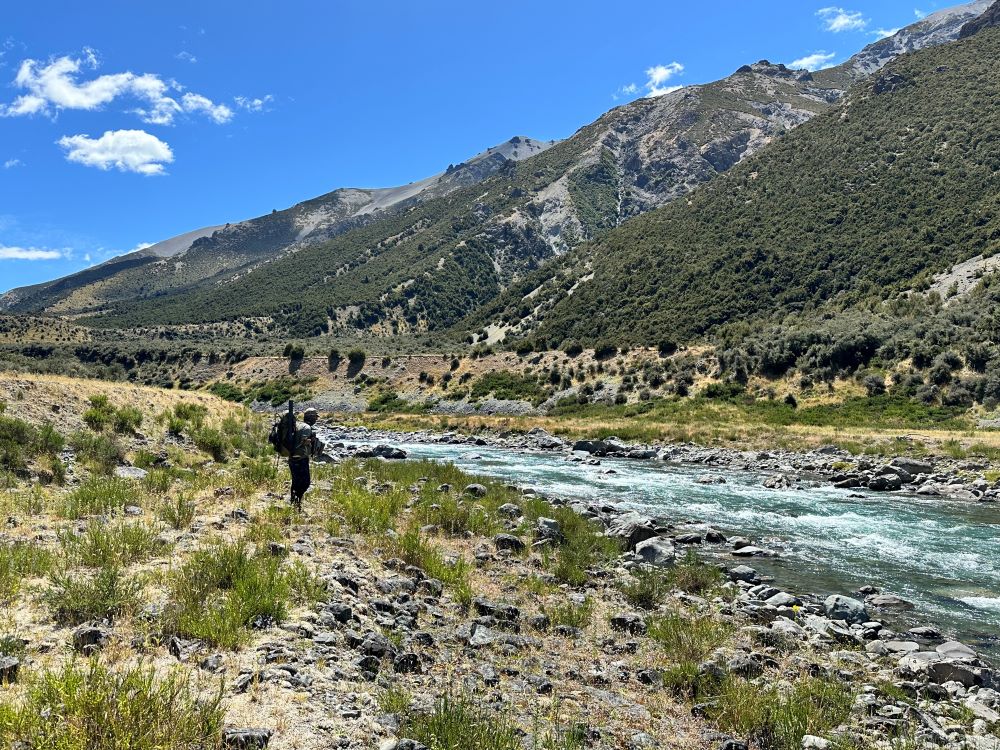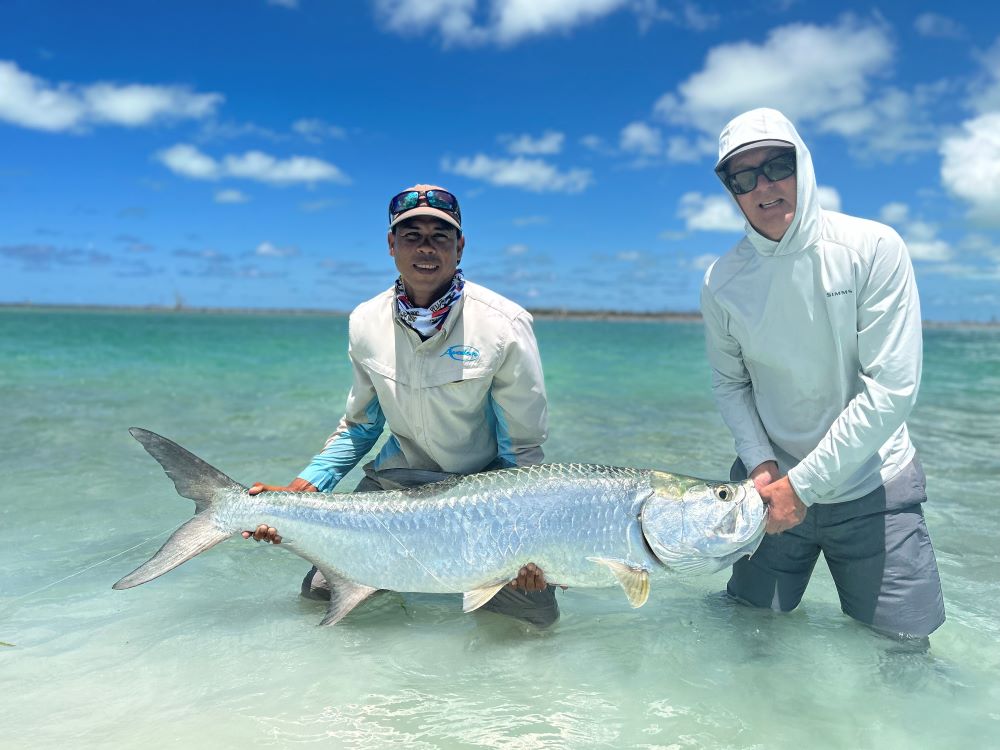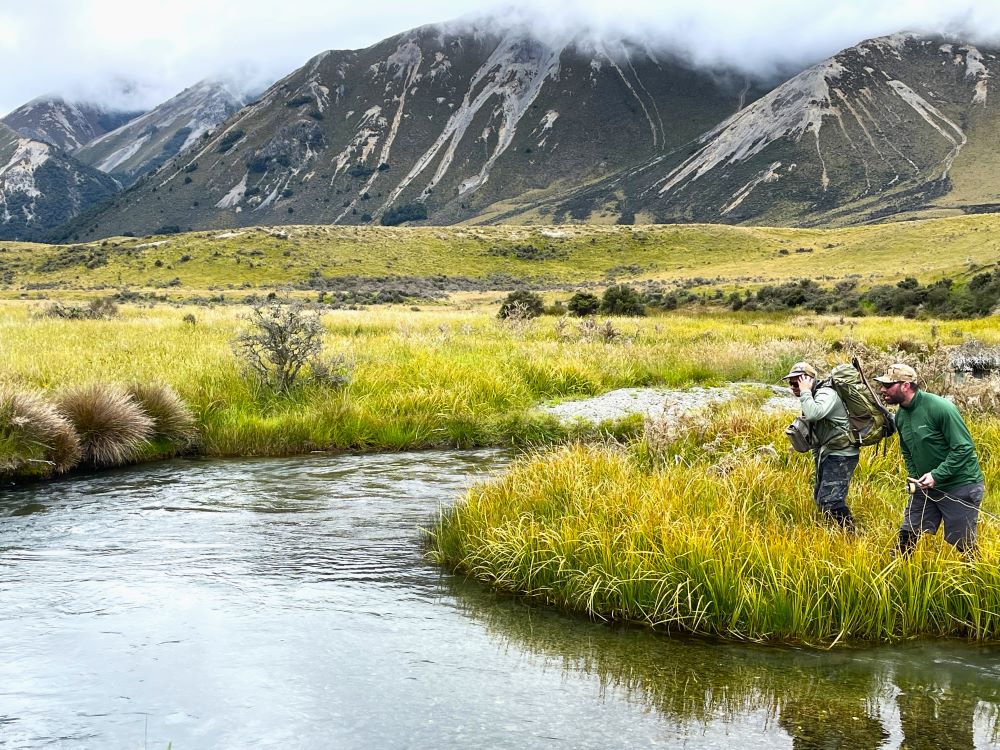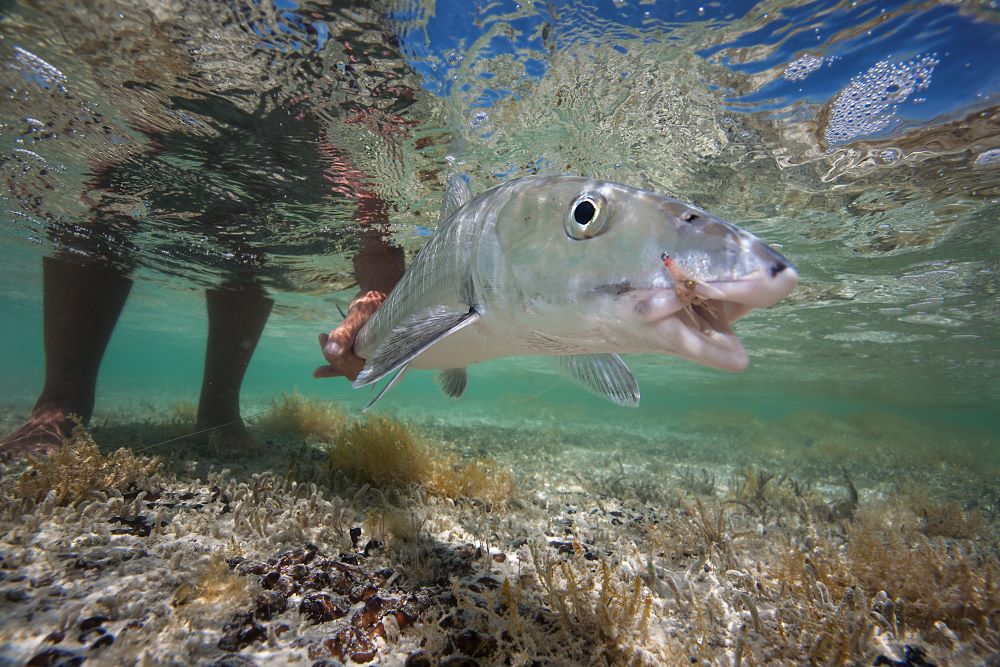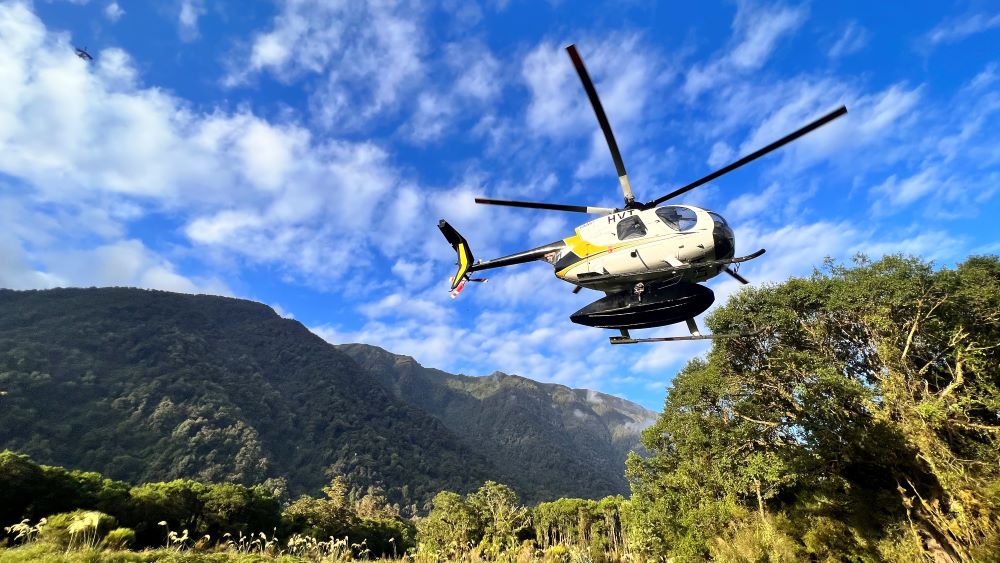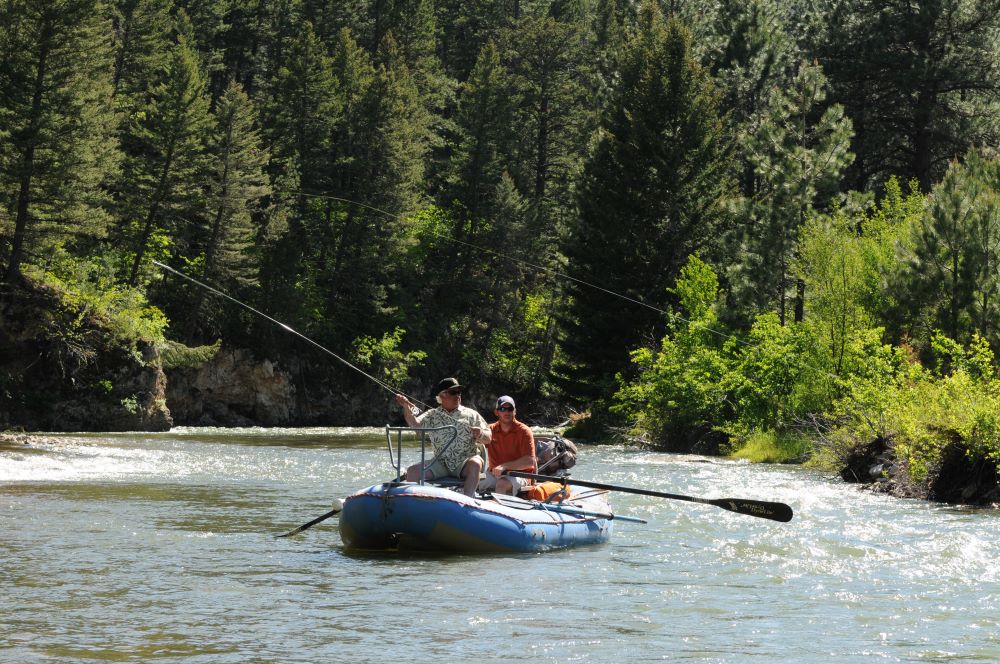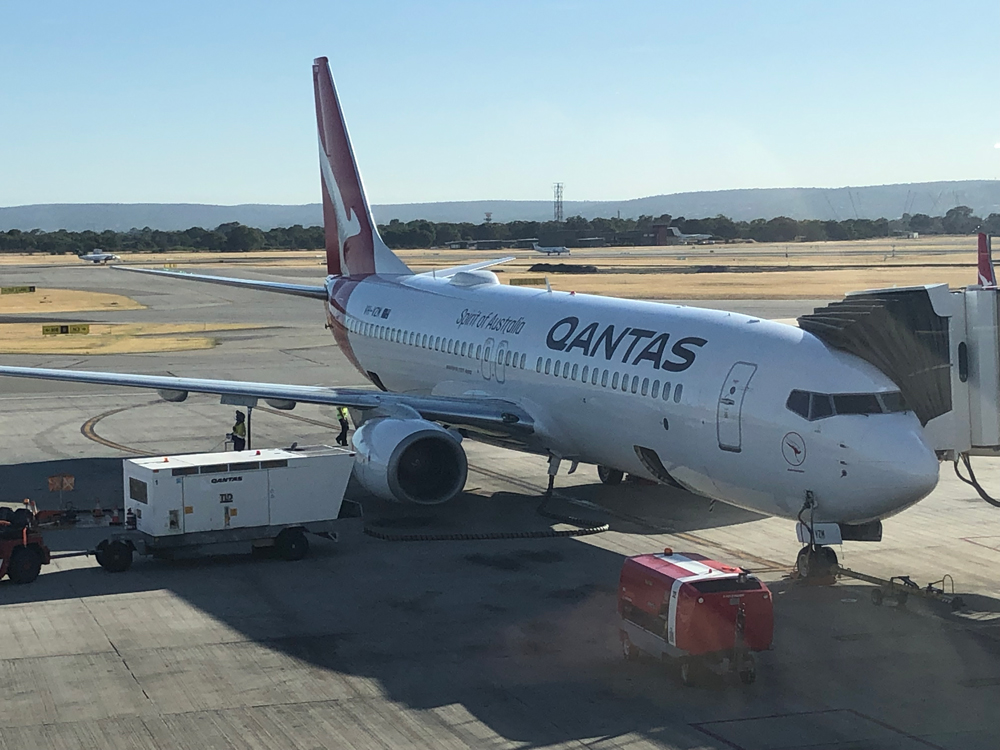Carry On vs Checking Everything
With so many guests traveling over the next couple of months, I want to have a quick talk about carry on and luggage. We in North America have become very accustomed to being able to carry/rods reels on flights but the reality these days is that once you get outside of North America,........
Working With Your Lodge Guide-Problems Part 3
Lodge guides are there to enhance your experience and to help you catch more fish. However, there are times, when, for a variety of reasons, the guiding you receive is substandard. The reasons for this are many but because you are dealing with human beings with their own complex lives and family situations, a guide who is distracted will almost certainly impact your angling experience in a negative way.
Working With Your Lodge Guide Part 2
When anglers and their guide work together, it’s a thing of beauty. And the best way to ensure this, is to be as inclusive as is possible with your guide. When I’m on the water, I’m always looking to learn and get better and for me, this means asking questions of my guide. Not only do I learn new things by asking questions, but doing so also gets the guide immediately involved and participating, well befire the first cast is made.
Working With Your Lodge Guide Part 1
Guiding at the lodge you are fishing from is such an important piece of your trip puzzle and it can absolutely make or break your entire experience. Regardless of your skill level, weather, and or cooperation of the fish you are chasing, the communication and interaction with your guide during the course of the fishing day is going to be fundamental to your success.
HOW BONEFISH USE TIDES
Bonefish are experts at using the tides to their advantage, which allows them to maximize their benefits in the tradeoff between feeding and avoiding predators. I guess you’d expect this from bonefish – they’ve been perfecting this for millions of years. Like many predators, bonefish try to get away with as little travel as possible in their search for a meal. There is no reason for them to expend energy swimming long distances if there is no need
Packing For A Helicopter Fishing Day In New Zealand Part 2
It may sound a bit extreme, but I tell all guests to pack for a helicopter day as though you are going to be overnighting on the river. I say this because when fishing in remote mountainous areas, the weather can change very quickly.
Heli Fly Fishing Part 1
The integration of helicopters into fly-fishing culture in places like Bolivia, Spain and New Zealand has been a truly welcome addition to the sport. The use of helicopters to access more remote and productive rivers and streams has enabled anglers to get deep in to the back country, without the arduous grind of hiking through thick bush and over big mountains just to get to the river.
Topwater Smallmouth Bass Part1
If there was ever a species that appeared to be intentionally designed to be fished with a light weight fly rod, it is the Smallmouth Bass. Once hooked, it’s aerial acrobatics display is often spectacular and pound for pound, the Smallmouth Bass dwarfs the strength of its cousin, the Largemouth Bass.
What to Bring on a Float Trip Day
It doesn’t matter where you’re fishing, be it Alaska, Argentina or Montana, a float trip day adds a great deal to the overall fly-fishing experience. You get to cover and fish so much water on a float day and because you are usually being piloted by an excellent guide who knows the water intimately, you have the opportunity to pick his or her brain throughout the day, which often leads to learning new things and becoming a better angler.
Travel Tips
Greetings and salutations to all our friends! Last month we had a guest experience one of those difficult and unwanted travel situations where a forgotten knife in his carry on set off a series of events that led to him getting fully ripped apart in a TSA private screening room. As a result, he missed his flight and subsequently, the first day of fishing on his trip. This got me thinking that it might be a good idea to go over a few helpful travel tips so that guests can avoid this type of situation.

